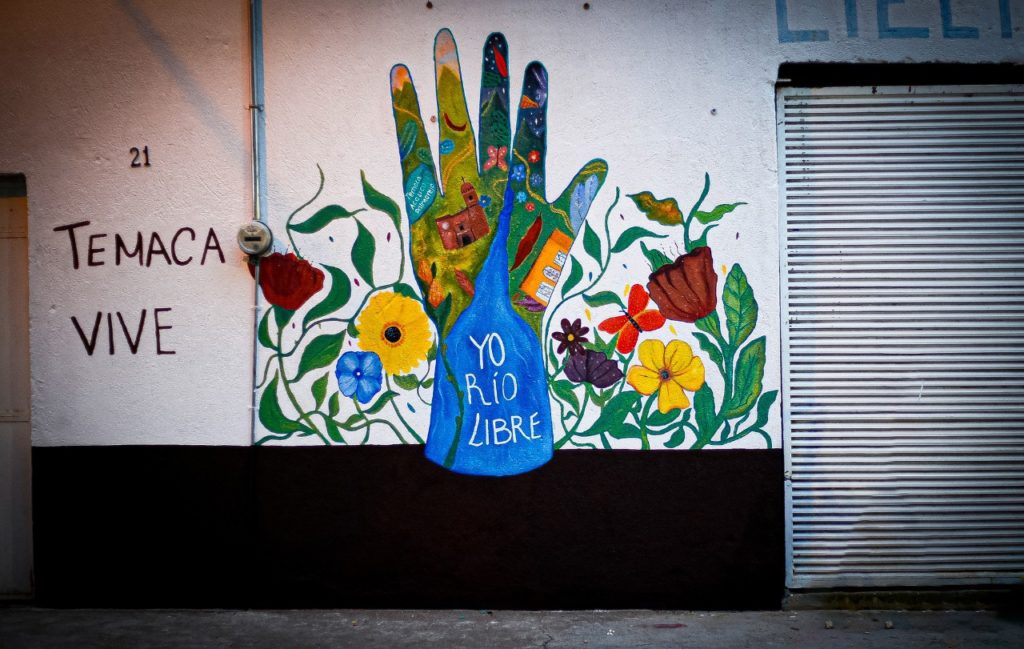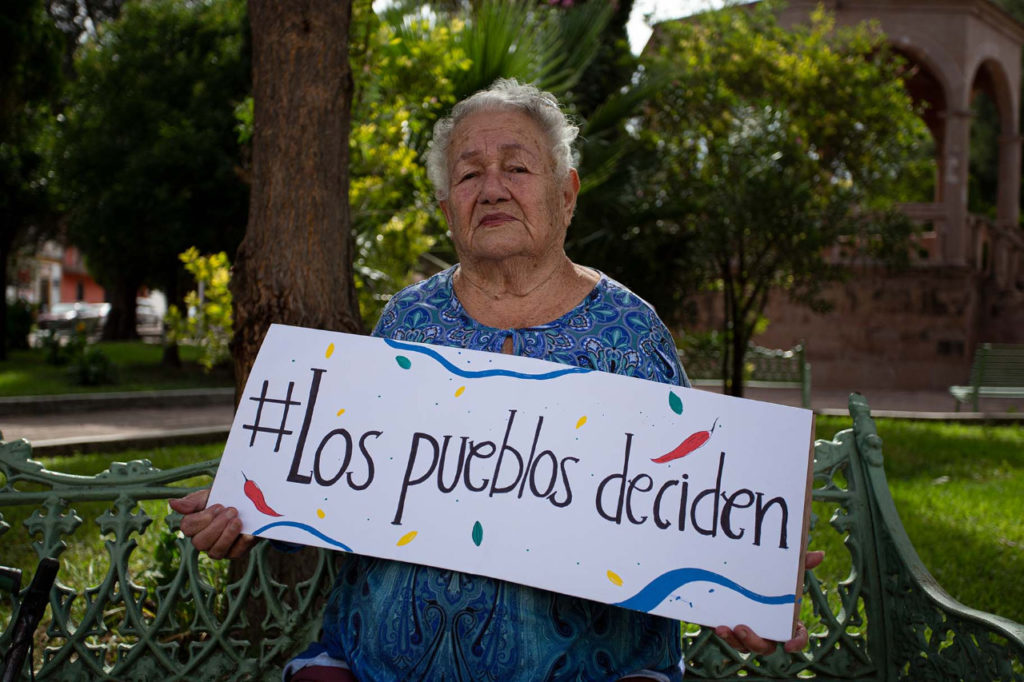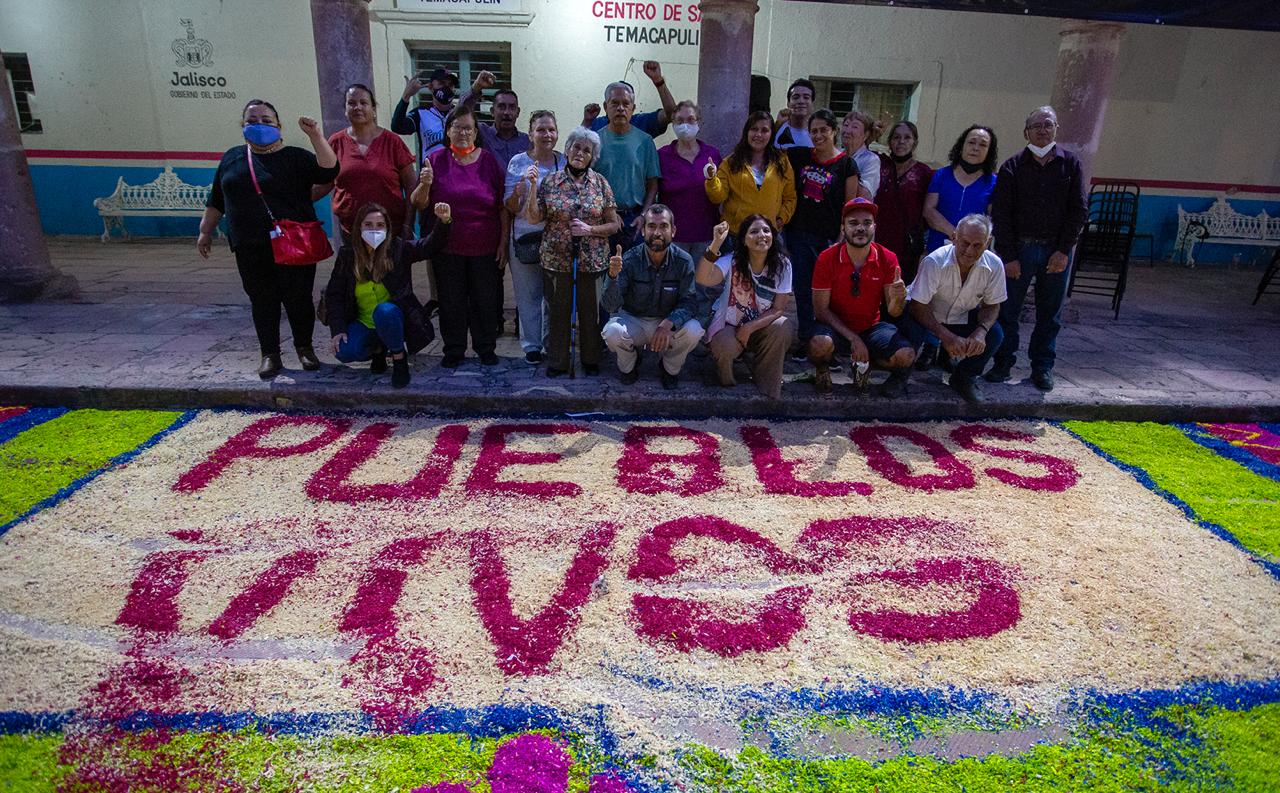After 16 years of a fight led mainly by women activists, Mexican communities halted the Zapotillo Dam System, stopping the project of flooding their ancestral lands.
For the past 16 years, three small Mexican communities – Temacapulin, Palmarejo and Acasico in Jalisco State- have been struggling against construction of the Zapotillo Dam System, a megaproject involving dams and aqueducts on the Río Verde, one of the most dammed rivers of Mexico.
Three generations of Margarita Juarez’s family – her mother, sisters and nephews – have been active in this Goliath fight. At stake is the right to continue living on their lands, the source of their cultural and social bonds or face the alternative: the flooding of their ancestral home.
“We could not allow them to expel us from our community. This is a fight for justice, a fight for dignity. This is our home where our grandparents and the ones before them lived in, our roots and memories are here. This piece of land is part of our heritage, culture and tradition. We could never permit this injustice,” said Juarez.
In August 2021, these three small but powerful communities celebrated a significant victory led mainly by a group of community women. In response to pressure, President Andrés Manuel López Obrador announced major changes to the National Water Commission’s 2005 proposal for the Zapotillo Dam System. The size of the Zapotillo Dam is to be significantly smaller, with the dam’s height downsized from 105m to 40m (A 60% redution) and only 263 of the original 4,000 hectares flooded. The diversion pipes and the El Purgatorio dam, the final part of the project, is to be discontinued. These changes ensure that the communities will not be flooded or displaced.

“It’s a huge victory, because although these communities are so small, they came up with creative strategies and articulated a solidarity national and international campaign”, said María González, from the Mexican Movement of Dam Affected People and in Defense of Rivers (MAPDER). “The case of Zapotillo Dam is a paradigmatic project in Mexico, because it was sold as a solution to the water access problem, but these communities helped to reveal the water privatization and corruption scheme.”
It was not an easy compromise to make, since the main fight always was to put a definite stop in the Zapotillo Dam. But without knowing what the future holds in terms of democracy, the communities accepted the agreement. A Justice Plan elaborates the reparations for the communities to be fulfilled by the Mexican Government and the responsible companies.
The Justice Plan created and signed by the communities states that: (you can access the document here):
- Public excuses by the Mexican Government and also measures of harm reduction.
- A technical and financial audit with community participation to assess where is the money gained after all the human rights violations, irregularities and corruption.
- Reconstruction of the Palmarejo community, respecting the right of the community to return to its territory.
- A plan to restore the Green River to its health.

International Rivers celebrates the victory of the communities of Temacapulin, Acasico and Palmarejo, who fought to prevent flooding of their homes. We worked together with MAPDER in the Third Encounter of Dam Affected People and in Defense of River, in 2010.
We congratulate communities, especially the women behind this struggle for a better world. And we urge the Mexican Government to comply with the promises made. We hope we see more stories like this in the future.
Featured Photo: Community leaders and organizations celebrating the victory against Zapotillo dam (María Gonzáles – MAPDER)

